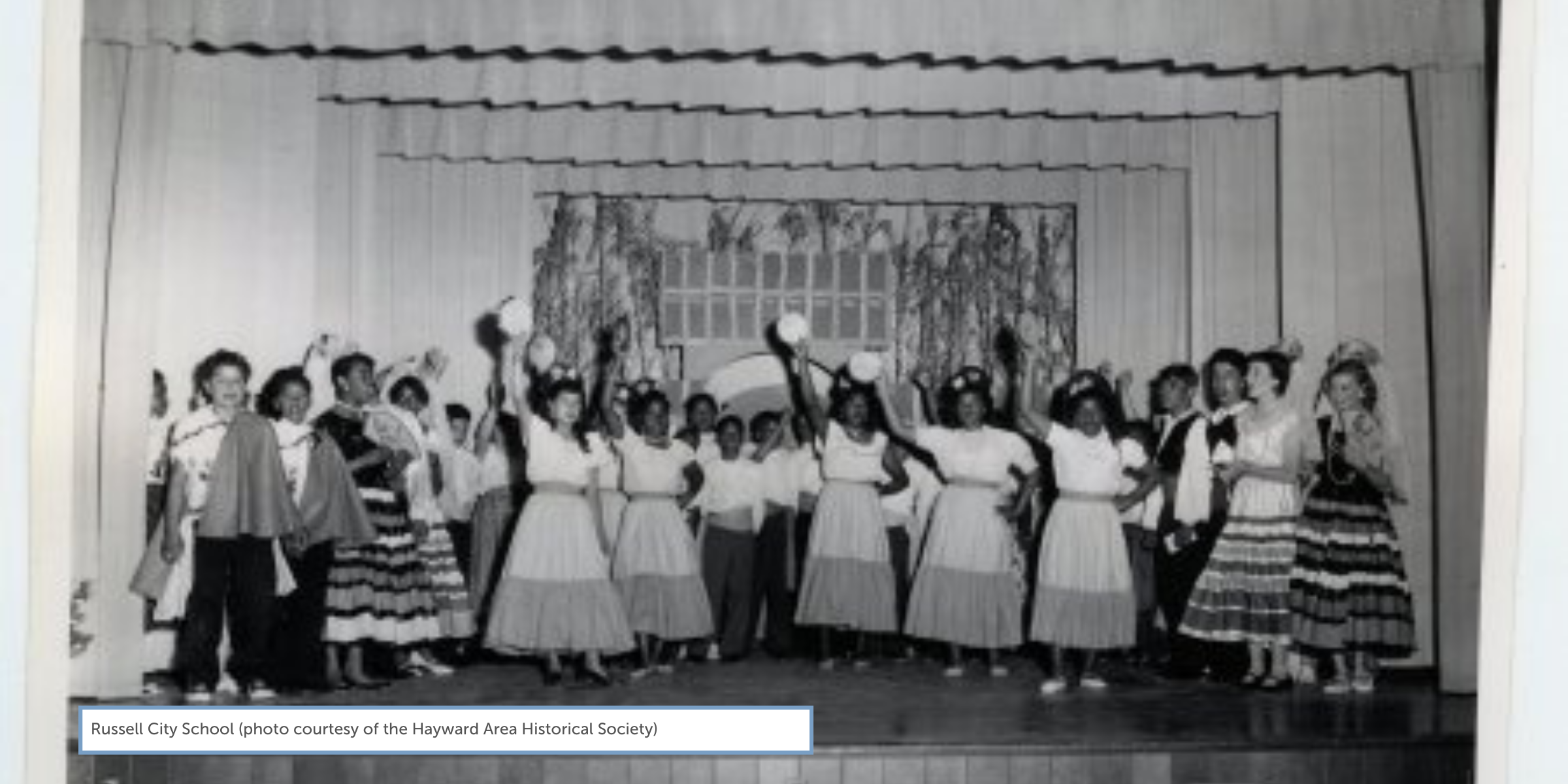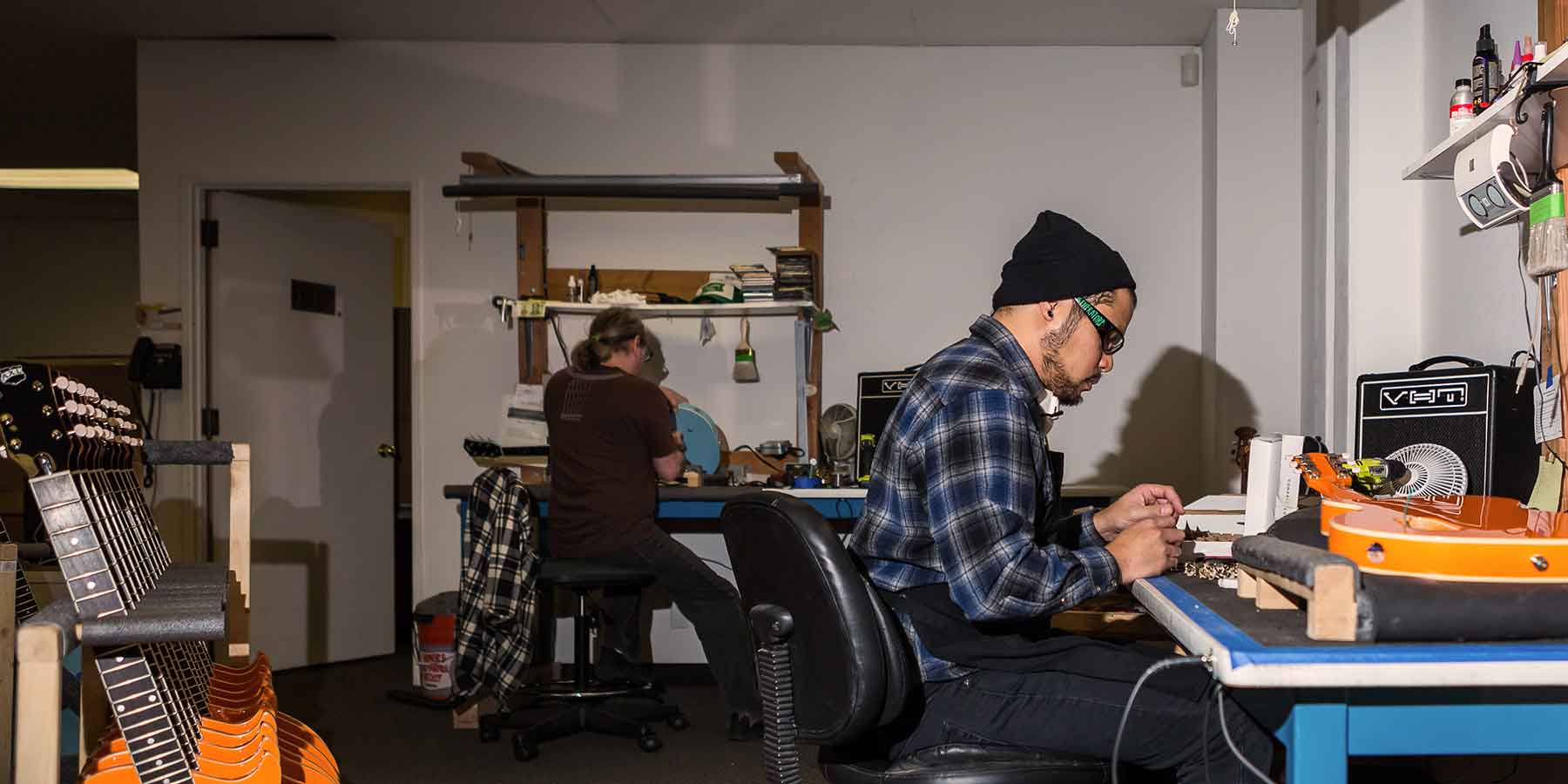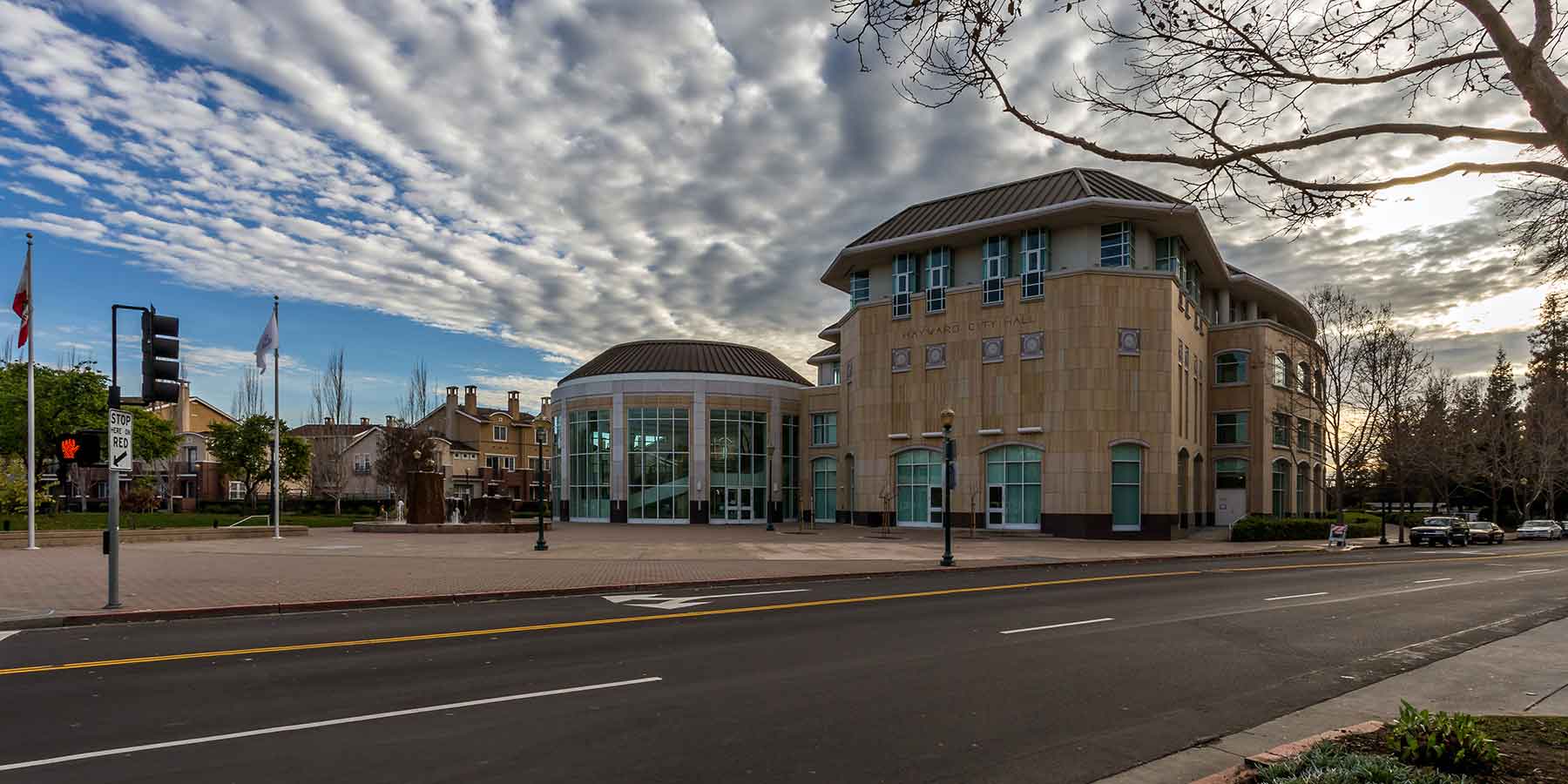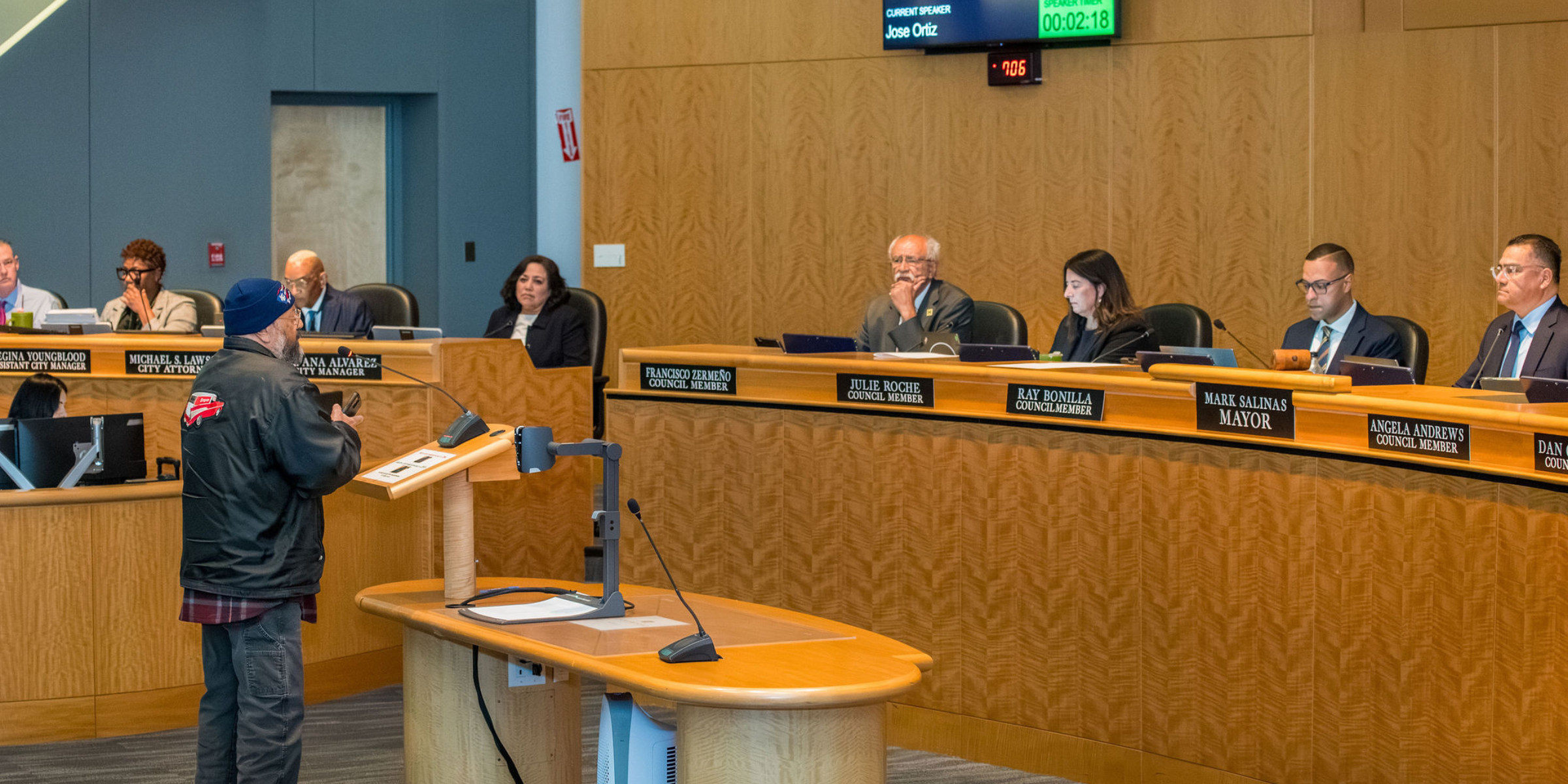Research & Reports

This comprehensive research uncovered the historical realities of Russell City's plight. The insights gained informed the development of reports and specific proposals for reparative justice, in line with national efforts to address longstanding injustices and disparities within the community.
Read both full research reports and summaries below:
Redeveloping Russell City: Alameda County, the City of Hayward, and industrialization:
Summary:
The redevelopment of Russell City is a multifaceted narrative encompassing race, capital, and state power in the context of land "redevelopment." This story reflects both neglect and development by the state, leading to adverse outcomes such as increased susceptibility to disease outbreaks, fire, and diminished living conditions.
Residents contested relocation efforts, yet city and county authorities pursued industrialization plans for the area in the 1940s, ignoring alternative proposals. Despite significant investment, the redevelopment project failed to recoup its expenses.
The research draws from various sources, including publicly available records from agencies in Alameda County, libraries, and archives. Although extensive, the research did not locate some key documents, such as the 1956 Grand Jury Report that designated Russell City as a "blighted area."
Historical media searches, particularly in newspapers like the Daily Review and the Oakland Tribune, provided valuable insights. These searches yielded 491 articles, forming the basis of the narrative. Additionally, 199 resident names were identified, shedding light on the community's composition.
Exploration of grant deeds revealed substantial property transactions during redevelopment, with efforts ongoing to map these transactions alongside other data and resident accounts.
Analysis of Alameda County Board of Supervisors meeting minutes provided further context, although incomplete records hindered comprehensive analysis. Notably, calculations estimated a substantial portion of reported property payouts, averaging $4,904.23 per owner.
While the research has uncovered significant information, avenues for future exploration remain. Efforts to identify additional residents through genealogical research, access original redevelopment agency files, and reconcile disparate records are ongoing.
Reclaiming Russell City: A Comprehnesive Approach to Reparative Justice and Community Renewal:
Summary:
Ceres Policy Research extends sincere gratitude to the City of Hayward for its formal apology, as well as to the former residents and descendants of Russell City for sharing their family narratives.
Russell City's history is complex, and this report aims to uncover truths, fostering reparative justice by thoroughly understanding the harm inflicted.
The report documents and analyzes the impact of Russell City's forced relocation during the Russell City Redevelopment Project (1963-1968), undertaken by the County of Alameda in collaboration with the City of Hayward.
It reviews existing research to establish a factual foundation for future policy discussions and decisions, addressing both the visible and subtle repercussions on the emotional and psychological well-being of residents and descendants.
Based on the findings, specific recommendations for reparative justice are proposed, aligning with national trends to rectify longstanding injustices and inequalities within the Russell City community.
Russell City's story serves as a sobering reminder of the consequences of neglect and exploitation, urging us to confront systemic injustices and pave the way for a future grounded in dignity, fairness, and community well-being.












